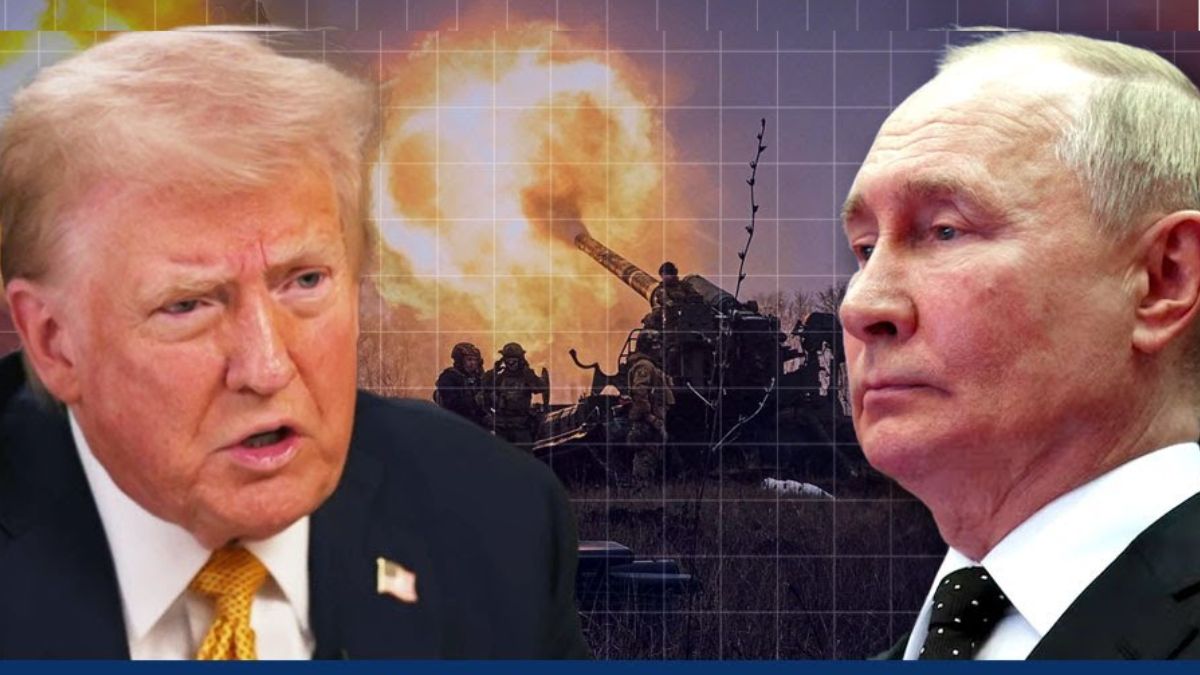As US President Donald Trump cosies up with Russia , Defence Secretary Pete Hegseth ordered the US Cyber Command to halt offensive cyber and information operations against Russia. One current and one former official familiar with the matter told the Washington Post that the pause was due to the Trump administration’s effort to negotiate with Russia to end the ongoing Russia-Ukraine war.
The Pentagon officials told the news outlet that the halt in the operation is temporary and will last only as long as negotiations between Moscow and Washington continue. While it is not unusual to stop such operations amid high-level talks, the pause is coming as Trump moves to reverse 80 years of US foreign policy.
The new president has been showcasing an apparent willingness to abandon European allies and make common cause with Russian President Vladimir Putin in regard to Ukraine. Meanwhile, experts warned that the move represents America giving concessions to one of its most active cyber adversaries.
“Russia continues to be among the top cyber threats to the United States,” James A. Lewis, a former diplomat in the Clinton administration and former UN cyber negotiator told the Washington Post. “Turning off cyber operations to avoid blowing up the talks may be a prudent tactical step. But if we take our foot off the gas pedal and they take advantage of it, we could put national security at risk," he added.
Pentagon keeps mum
Meanwhile, the Pentagon declined to comment on the matter. “There is no greater priority to Secretary Hegseth than the safety of the warfighter in all operations, including the cyber domain,” a defence official told the outlet.
“I have seen many times when we are in some type of negotiation with another nation, especially if it’s considered an adversary, that we stop operations, exercises, we even cancel speeches sometimes,” said retired Lt. Gen. Charlie “Tuna” Moore, former deputy commander of US Cyber Command. “It’s fairly common to pause anything that could potentially derail the talks," he added.
Impact Shorts
More ShortsHowever, one former senior military official made it clear that planning for potential operations against Russian networks has not stopped. “The reason you don’t stop espionage is you want to know if they’re lying to you,” said the former official. “The reason you don’t stop planning is if the talks don’t work out, you want to have options you can use against them.”
However, even a temporary halt runs counter to the US defence strategy of maintaining “persistent” engagement with top cyber adversaries such as Russia. “You need to see if there are vulnerabilities you can exploit, whether you can get through their firewalls, whether you can get access to the targets,” a former senior defence official told the Washington Post.
“What’s the risk of stopping? You lose track of your adversary. If the pause is for days or weeks, it’s not so serious; if it’s for months or permanent — that’s serious,” the former official said. It is pertinent to note that Hegseth’s order came as the administration has signalled that it wants to go harder against adversaries in cyberspace.
Meanwhile, Democratic Representative Bennie G. Thompson slammed the administration’s latest moves that affect the government’s ability to counter Russian cyber threats to national security. “To capitulate now, as we appear to bail on our allies in Ukraine, is an inexplicable dereliction of duty that puts American critical infrastructure at risk,” said Thompson, ranking member on the House Homeland Security Committee.


)

)
)
)
)
)
)
)
)



